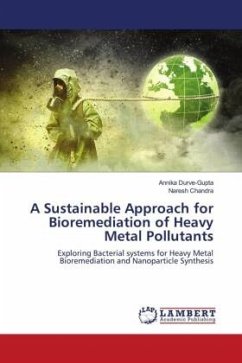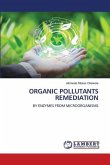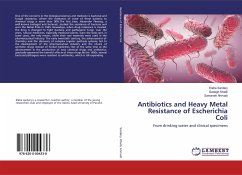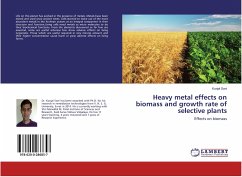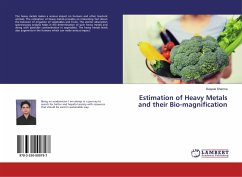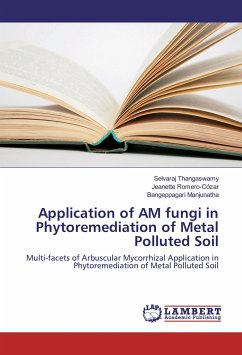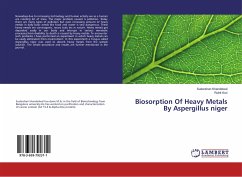Heavy metal pollutants are being released in rivers, soils, and the atmosphere, due to developing agribusiness and metallurgy industries, as well as fertilizers, and pesticides. They are non-biodegradable and can accumulate in living systems, contaminating the food chain. Physical and chemical heavy metal cleanup solutions are expensive and harmful to the surrounding ecology. Due to the proven capacity of microbes, especially bacteria, to sequester and convert pollutants, microbial bioremediation has emerged as a viable technique for reducing heavy metals in the environment. Microbes have developed several bioremediation techniques. These processes are distinct in their requirements, and benefits, and their effectiveness is determined by the type of microbe and toxins involved. Microbes can be widely used to produce nanoparticles due to their ease of handling and processing, the need for low-cost medium, simple scaling up, and economic feasibility with the capacity to adsorb and reduce metal ions into nanoparticles via metabolic processes. The use of renewable resources for metal reduction and nanoparticle biosynthesis provides a clean, non-toxic, and sustainable technique.
Bitte wählen Sie Ihr Anliegen aus.
Rechnungen
Retourenschein anfordern
Bestellstatus
Storno

